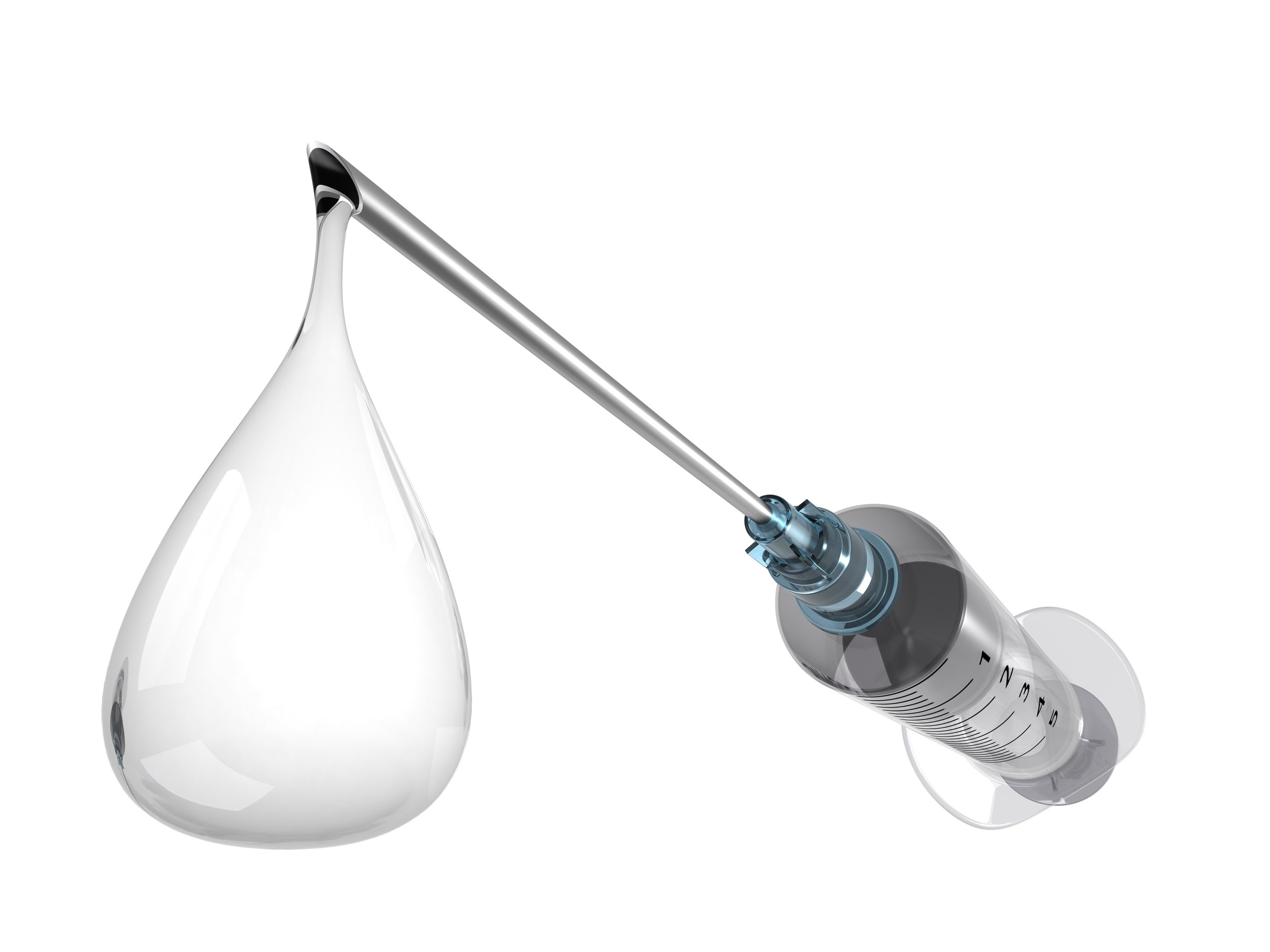CHES is proud to have partnered with Dr. Nugent in numerous, past programs and initiatives to serve the bleeding disorder community! It has been an absolute privilege to work with her.
Over the last 30 years, Dr. Diane Nugent, medical director of pediatric hematology at CHOC and a world-renowned expert in blood disorders, has repeated the same words to patients diagnosed with hemophilia, a serious disorder that impairs the body’s ability to make blood clots and thus stop bleeding.
“By the time you’re an adult,” she would tell them, “we’ll have gene therapy to treat this.”
That day, finally, has come.
The CHOC-affiliated Center for Comprehensive Care & Diagnosis of Inherited Blood Disorders (CIBD), a non-profit Dr. Nugent founded 15 years ago, became the first hemophilia center in the country to administer a commercial gene therapy infusion to treat Hemophilia A, the most common type of the disorder that affects 33,000 males in the U.S.
The infusion is the first outside of a clinical trial setting of the drug Roctavian, approved by the Food and Drug Administration on June 29, 2023. An adult male from New York flew out to receive the therapy on Dec. 29, 2023, at CIBD, one of only four free-standing hemophilia centers in the U.S.
“This achievement creates an avenue of access to care for CHOC patients with Hemophilia A,” Dr. Nugent said. “I’m very thankful and happy that this transformative, curative therapy is now an option for them.”
Pediatric and young adult patients at CHOC account for 1,000 patient visits a year at CIBD, a non-profit that takes up the entire first floor of a high-rise near CHOC’s Orange campus and serves patients throughout the region and beyond.
One-time injection, gene therapy
Hemophilia typically is passed from a parent to their child through genes. It is caused by a mutation or change in one of the genes that prevents the clotting protein from working properly or to be missing altogether – a situation that can lead to spontaneous bleeding.
If not diagnosed and treated early, hemophilia can cause crippling pain, internal bleeding into muscles and joints, severe joint damage, disability, and even early death.
The standard treatment is for patients to undergo frequent and expensive clotting factory replacement therapies at centers like CIBD. With gene therapy treatment, patients will be able to receive a one-time injection as outpatients in a process that only takes a couple of hours.
“When you think about quality of life, this is a huge win for the patient,” said Barry Staton, chief executive officer of CIBD.
Instead of taking drugs or undergoing surgery, patients who undergo gene therapy are injected with a non-viable “genetic transfer vehicle” or “vector” that delivers a working copy of the missing or compromised gene to the right location. In the case of Hemophilia A, the vector contains a particular blood-clotting gene missing in the liver that allows the liver to produce the clotting factor on its own.
“From a commercial gene therapy standpoint, it’s great that we’re able to offer this life-changing therapy to our patient at his own outpatient hemophilia treatment center by the team that knows him best,” said CHOC hematologist Dr. Amit Soni, co-medical director of CIBD.
Dr. Amit Soni, CHOC hematologist and co-medical director of CIBD
Roctavian is approved by the FDA in hemophilia A patients 16 years of age and older. There are about 1,500 people living with the disorder in the CHOC region and around 3,000 statewide, Dr. Nugent said.
Roctavian, a ‘game-changer’ hemophilia treatment
Maxwell L., the adult male who received the landmark infusion, is doing well and will continue to be monitored, Dr. Nugent said. In clinical trials, Roctavian has proven to be highly effective – patients are doing well six to seven years after receiving the infusion, she noted.
“This is more than a medical breakthrough; it’s a game-changer for me and others living with severe Hemophilia A, particularly when considering I was able to drive myself to and from the clinic and did not have to stay overnight in a hospital,” Maxwell L. said.
He added: “Receiving this treatment is liberating – I’m filled with hope and gratitude knowing treatments finally exist that will allow individuals like me to truly break free from the constraints of this disease and embrace life to the fullest.”
A blood-disorder pioneer
CIBD, with 50 employees, oversees 12 other Hemophilia Treatment Centers, or HTCs, in four states through the Health Resources and Service Administration (HRSA), whose programs provide equitable health care to people who are geographically isolated and economically or medically vulnerable.
Dr. Nugent said she’s hopeful commercial gene therapy treatment will spread to other HTCs.
“Only a few centers were doing clinical trials for Roctavian and getting accepted in a clinical trial is difficult because they’re very restrictive,” Dr. Nugent said. “The fact that this therapy now is being offered commercially means that if patients want to do it, they can do it. It’s a special thing we have here.”
Staton praised Dr. Nugent’s 30-year pursuit of gene therapy treatment for hemophilia patients.
“It’s obvious to Dr. Soni and I that this wouldn’t have happened without pioneers like Dr. Nugent,” he said. “Her foresight and unyielding drive and spirit got us here.”

